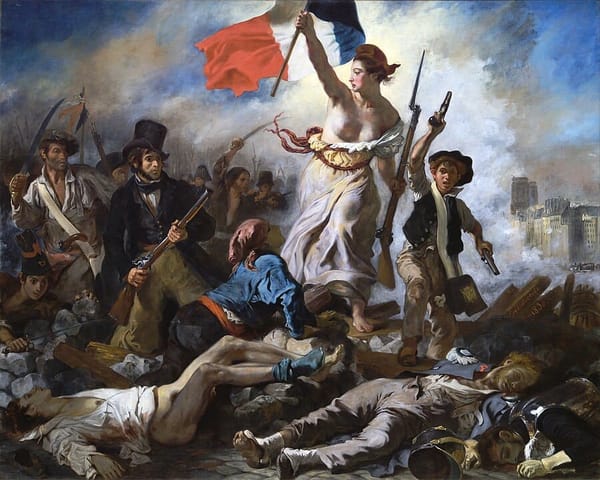Women through the ages: On completing the 75th year of Independence, re-examining the saga of women seems crucial.

When India awoke to its freedom, many women saw the horrors of probably human history’s one of largest migrations. With partition came demons of hell to unleash one of the most horrific events known to humans. As in any war, women are always the silent sufferer. While on one hand men at the forefront are celebrated, stories of violence against women and their resilience are brushed beneath the rugs of patriarchy.

The partition of India and Pakistan is yet another example of it. Sexual violence and abduction on a large scale of women were carried out. Men of each community, be it Hindu, Muslim, or Sikh, committed crimes that went unpunished and ignored. Women were abducted, raped, and mutilated. With these women left naked on the streets, uncovered the gravest violence inflicted on them in order to milk out revenge against each other.
Nida Fazali after his first visit to Pakistan writes:
Insaan me haivaan yahan bhi hai wahan bhi
Allah nigehbaan yahan bhi hai wahan bhi
Khoonkhaar darindo ke faqat naam alag hain
Shehron mein bayabaan yahan bhi hain wahan bhi
The gendered violence was undoubtedly driven by religious ego, with an attempt to establish not only one’s religion at the helm of their new lands but also to suppress or abolish other’s religions. In “Borders and Boundaries: How Women Experienced the Partition of India”, by Ritu Menon and Kamla Bhasin, the authors talk extensively about how women’s bodies were tattooed with symbols of their attacker's religions. Several attacks included men carving political slogans, such as “Pakistan Zindabad” (Pakistan forever) or “Jai Hind” (Long live India) into a woman’s skin.
This sets a clear motive behind the attacks- women are a repository of honor of the community. In Bhagavad Geeta, such an idea is present too. Arjun says “When irreligion is prominent in the family, O Krsna, the women of the family become polluted, and from the degradation of womanhood, O descendant of Vrsni, comes unwanted progeny.” (Chapter 1 verse 40). Such patriarchal ideas continue to be relevant throughout the ages where a woman is linked with the purity of her community.
While Independence was a dreaded dream for women, the evils of the past still continue to haunt us. When the Prime Minister gave the nation a speech highlighting the need to uphold women’s dignity, his state through its remission policy released 11 convicts accused of gang rape and murder. Following the aftermath of the Godhra incident, Bilkis, five months pregnant, was trying to flee with her family when an angry mob attacked their neighborhood.

The mob not only gang raped Bilkis and left her to die, but they also murdered 14 innocent people. The key accused smashed her infant daughter with a rock. According to Gujarat Additional Chief Secretary (Home) Raj Kumar, the remission application was considered because the convicts had completed 14 years in jail, and factors such as “age, nature of the crime, behavior in prison and so on”.
The state government granted the remission and it begs a question- “ Does 14-year jail term enough for such a heinous crime? In fact is any kind of punishment enough when compared to trauma and loss inflicted on a woman, especially when the path to get these men to jail was nothing but a rough ride.” To make it even worse these men received a warm welcome at the Vishwa Hindu Parishad office. They were even garlanded

Faiz Ahmad Faiz, expressing dismay about partition said:
ye daagh daagh ujala ye shab-gazida sahar
vo intizar tha jis ka ye vo sahar to nahin
It is true that we have covered a long journey in trying to achieve a country where gender equality exists, however, how can a woman not wonder and be disgusted at the state of affairs when many cases as such exist? Bilkis’s story is no fiction, it is a hell women have to live through. Since woman voters are now increasingly becoming a separate voter group, owing to being emotionally and financially independent, they are finding their way to Red Fort’s speeches but deep down the system remains hugely against them.
“I measure the progress of a community by the degree of progress which women have achieved.” said the father of the Indian constitution, Babasaheb Ambedkar. The condition of women in civilization is undoubtedly a significant determinant of its shape but this detriment saga of women continues to be a thing of worry. The next 25 years should be dedicated diligently to woman empowerment. Not out of pity, but because gender inequality is a big hindrance to India reaching its full potential





